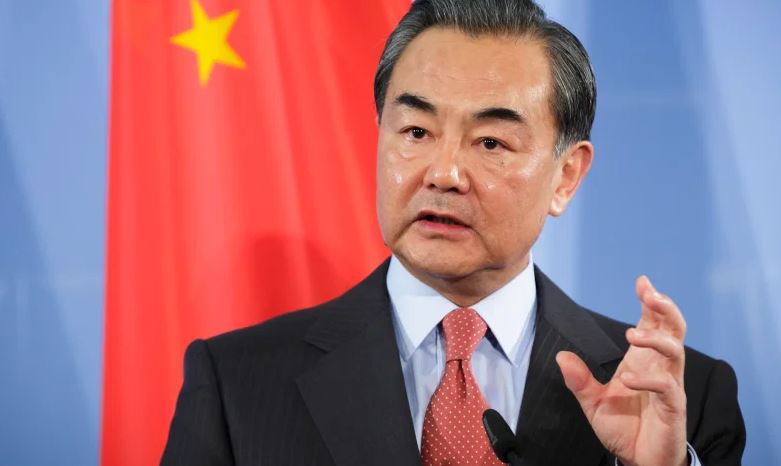
Let's fight COVID together, further BRI: China tells Pak, Nepal, Afghanistan

China on Monday (July 28) urged Pakistan, Afghanistan, and Nepal to play to their geographical advantages and strengthen exchanges and connectivity among one another and central Asian countries to overcome the COVID-19 crisis and further the Belt and Road Initiative (BRI).
“We will actively promote the building of the China-Pakistan Economic Corridor (CPEC) and the Trans-Himalayan Connectivity network (THCN), support the extension of the corridor to Afghanistan, and further unleash the dividends of regional connectivity,” Chinese Foreign Minister Wang Yi said while addressing the first joint virtual conference with his counterparts from Pakistan, Afghanistan and Nepal.
Wang mooted a four-point plan to contain the COVID-19 pandemic, boost economic recovery and resumption of the BRI infrastructure projects.
The BRI is a multi-billion-dollar initiative launched by Chinese President Xi Jinping when he came to power in 2013. It aims to link Southeast Asia, Central Asia, the Gulf region, Africa and Europe with a network of land and sea routes.
While USD 60 billion CPEC is the flagship project of the BRI, over which India has protested to China as it is being laid through the Pakistan-occupied Kashmir (POK), the THCN aims to connect Nepal and China through Tibet.
“We should give play to our geographical advantages, strengthen exchanges and connectivity between the four countries and central Asian countries, and safeguard regional peace and stability,” Wang said.
Afghanistan’s acting Foreign Minister Mohammad Haneef Atmar and Nepalese Foreign Minister Pradeep Kumar Gyawali attended the virtual meeting, according to a Chinese Foreign Ministry press release.
Pakistan’s Foreign Minister Shah Mahmood Qureshi did not participate in the meeting. Pakistan was represented by Economic Affairs Minister Makhdoom Khusro Bakhtiar.
Addressing the meeting, which is the first involving the four countries, Wang proposed the four-point action plan including consolidating the consensus on unity and fight against the pandemic, avoiding politicisation and stigmatisation of the coronavirus and firmly support the World Health Organization (WHO) in playing its due role to jointly building global health community.
Earlier this month, the Trump administration formally notified the United Nations of its decision to withdraw the US from the World Health Organization (WHO), breaking off ties with the global health body despite the raging coronavirus pandemic in the country.
The US has accused the WHO of siding with China on the outbreak of the coronavirus, which originated in the Chinese city of Wuhan late last year, alleging the health body misled the world resulting in deaths of over half a million people globally, including over 146,000 in America alone.
Wang said all the four countries should carry out regional cooperation on joint prevention and control of the pandemic, drawing from the experience of China and Pakistan, according to the press release.
He said when the Chinese vaccine is developed, China will improve the accessibility of vaccines to the three countries and help them strengthen their public health systems.
Significantly, he also proposed post-pandemic, the four countries should resolutely support the joint development of China’s BRI by promoting the resumption of work and production of key cooperation projects, maintain the stability of industrial and supply chains, and create new economic growth points in the digital field.
(With inputs from agencies)


